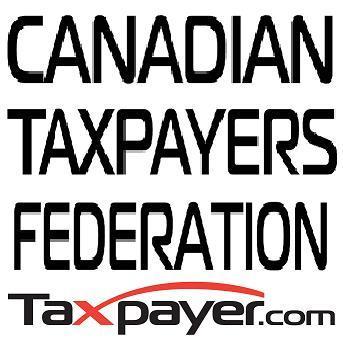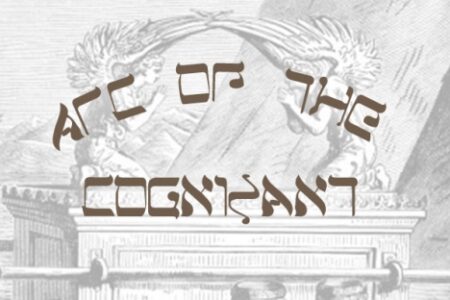OP/ED: National lobby group calls for Victoria to give BC Interior a tax break
The Canadian Taxpayers Federation (CTF) is calling on the provincial government to give interior residents a break by cutting fuel taxes, fixing ICBC and axing the Employer Health Tax (EHT).
With many interior businesses depending on long haul trucking, tourism and shipping, the high cost of fuel and fuel taxes are punishing to places separated by long distances from the Lower Mainland.
“We’ve spoken with small businesses owners who say their shipping costs have quadrupled this year, and that fuel surcharges are skyrocketing. If the provincial and federal governments would axe the carbon tax, the excise tax and the GST tax-on-tax on fuel, it would save more than 25 cents per litre. If you’re filling up an 80-litre tank, that would save you $20 every time,” said Kris Sims, B.C. Director of the Canadian Taxpayers Federation. “Costs like fuel and vehicle insurance are real costs to people and to small businesses, they cannot just be absorbed somehow. The government has the power to ease the burden for people who live outside of the SkyTrain route in Metro Vancouver, and they should do so.”
Community leaders in the interior also told the CTF that the NDP government’s new Employer Health Tax will hit cities and towns hard, with provincial revenue requirements being downloaded to cities and towns, risking a hike in property taxes.
“We’ve spoken with people looking for housing in Penticton while the provincial government blows taxpayer money on fancy walls for bureaucrats, people waiting for promised flood relief in Grand Forks while the provincial government makes them fill out dozens of wastepaper forms, and towns wondering how they are going to pay for the provincial government’s new health care tax,” Sims added. “Many small businesses in places like the Okanagan and the Boundary areas depend on shipments from the Lower Mainland and the added burdens of high fuel taxes and ICBC’s highest auto insurance rates in Canada are making it extremely difficult for them to make ends meet.”

























Comments